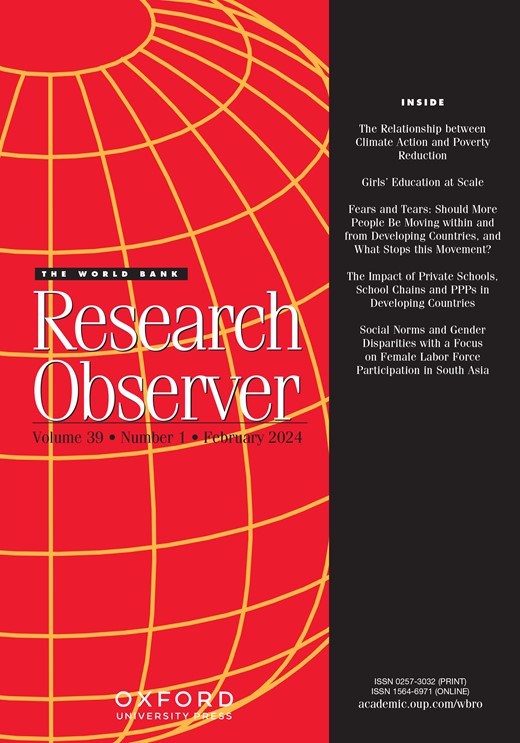Enforcement and Good Corporate Governance in Developing Countries and Transition Economies
IF 3.3
1区 经济学
Q1 DEVELOPMENT STUDIES
引用次数: 153
Abstract
More than regulations, laws on the books, or voluntary codes, enforcement is a key to creating an effective business environment and good corporate governance, at least in developing countries and transition economies. A framework is presented to help explain enforcement, the impact on corporate governance when rules are not enforced, and what can be done to improve corporate governance in weak enforcement environments. The limited empirical evidence suggests that private enforcement tools are often more effective than public tools. However, some public enforcement is necessary, and private enforcement mechanisms often require public laws to function. Private initiatives are often also taken under the threat of legislation or regulation, although in some countries bottom-up, private-led initiatives preceded and even shaped public laws. Concentrated ownership aligns incentives and encourages monitoring, but it weakens other corporate governance mechanisms and can impose significant costs. Various steps can be taken to reduce these costs and reinforce other corporate governance mechanisms. But political economy constraints, resulting from the intermingling of business and politics, often prevent improvements in the enforcement environment and the adoption and implementation of public laws.发展中国家和转型经济体的执法和良好公司治理
至少在发展中国家和转型经济体,执法是创造有效的商业环境和良好的公司治理的关键,而不是规章、成文法律或自愿守则。本文提出了一个框架来帮助解释强制执行、不强制执行规则对公司治理的影响,以及在强制执行不力的环境中可以采取哪些措施来改善公司治理。有限的经验证据表明,私人执法工具往往比公共工具更有效。然而,某些公共执法是必要的,而私人执法机制往往需要公法发挥作用。尽管在一些自下而上的国家,私人主导的倡议先于甚至影响了公法,但私人倡议也往往是在立法或监管的威胁下采取的。集中的所有权使激励机制一致,并鼓励监督,但它削弱了其他公司治理机制,并可能带来巨大的成本。可以采取各种措施来降低这些成本并加强其他公司治理机制。但是,由于商业和政治的混合而产生的政治经济限制,往往阻碍了执法环境的改善,也阻碍了公法的采纳和实施。
本文章由计算机程序翻译,如有差异,请以英文原文为准。
求助全文
约1分钟内获得全文
求助全文
来源期刊

World Bank Research Observer
Multiple-
CiteScore
12.60
自引率
1.20%
发文量
8
期刊介绍:
The World Bank Journals, including the Research Observer, boast the largest circulation among economics titles. The Research Observer is distributed freely to over 9,100 subscribers in non-OECD countries. Geared towards informing nonspecialist readers about research within and outside the Bank, it covers areas of economics relevant for development policy. Intended for policymakers, project officers, journalists, and educators, its surveys and overviews require only minimal background in economic analysis. Articles are not sent to referees but are assessed and approved by the Editorial Board, including distinguished economists from outside the Bank. The Observer has around 1,500 subscribers in OECD countries and nearly 10,000 subscribers in developing countries.
 求助内容:
求助内容: 应助结果提醒方式:
应助结果提醒方式:


